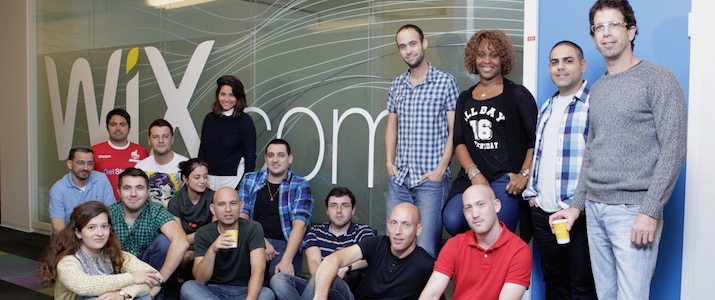Founded in 2006, Wix.com is a leading cloud-based web development platform with more than 80 million registered users worldwide. Through free and premium subscriptions, Wix empowers millions of businesses, organizations, professionals, and individuals to take their businesses, brands, and workflow online. The Wix Editor and highly curated App Market enable users to build and manage a fully integrated and dynamic digital presence. Wix is headquartered in Tel Aviv, Israel, with offices in the United States in San Francisco, New York, and Miami; in Vilnius, Lithuania; and in Dnepropetrovsk, Ukraine.
Scaling and accelerating development with DevOps and microservices
What do millions of musicians, designers, dentists, bloggers, photographers, and other small business owners in more than 190 countries have in common? They use Wix to create and manage their online presence and small business workflow. “In addition to creating a stunning, professional website with our platform, business owners can choose from more than 250 apps to help them promote and run their business,” says Aviran Mordo, head of engineering at Wix. Those apps let small businesses manage everything from sending invoices, marketing their business, and using live chat with customers to appointment scheduling and reservations.

As Wix continues its double-digit, year-over-year growth, adding 1.5 million new users each month, the complexity and breadth of the Wix platform is expanding significantly. That complexity and growth translates into a major challenge for Mordo’s team: providing high-quality apps extremely quickly across the various specific industry verticals that Wix targets.
To meet that challenge, Mordo decided to shift the Wix culture to DevOps and start moving to a microservices architecture. “The combination of microservices and DevOps is helping us scale our engineering resources as well as our infrastructure,” says Mordo. “Today we have more than 200 microservices running in production, supported by our engineers and a small team of operations people.”
An important part of the cultural shift to DevOps was asking Mordo’s team of 400 developers to assume ownership of their code running in production rather than depending on the operations group to handle issues. Mordo understood that this new responsibility required access to software performance data that the developers did not have at their disposal.

